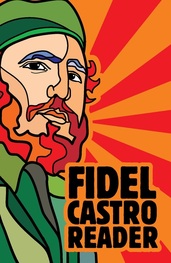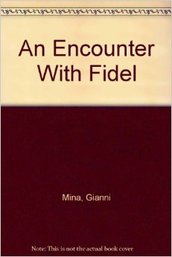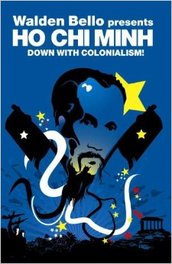The secret, direct and universal election of delegates to the Constitutional Assembly will be will be held on July 30. The elected delegates will be sworn and the Assembly will be constituted three days later. The Assembly will have 545 delegates; 364 territorial delegates elected in voting districts, and 181 sectorial delegates representing eight sectors, including workers (79 delegates), farmers and fishermen (8), students (4), handicapped (5), indigenous peoples (8), pensioners (28), business (5), and communal councils (24). Each prospective territorial delegate has to present signatures equivalent to three percent of the voters in the voting district in order to be validated as a candidate for the Assembly. The prospective sectorial delegates must present 1000 signatures in the student and worker sectors, and 500 for the others.
Hugo Chavez was elected President in 1998 on the basis of his promise to convoke a Constitutional Assembly. In taking office, Chávez immediately initiated the process, a Constitutional Assembly was held, and a new Constitution was approved by the people in 1999. However, the Chavist revolution was not entirely satisfied with the new Constitution, and it unsuccessfully attempted to amend it. Moreover, with eighteen years of further experience, the Chavist Revolution now has a more developed concept of the elements that it sees as necessary for a truly democratic constitution. Leaders of the Chavist Revolution have stated their intention to propose to the delegates the inclusion of new themes, including: the establishment of the social missions developed by the Chávez government as a constitutional requirement; the diversification of the economic system, reducing its dependency on petroleum; the inclusion of new actors, such as the communal councils, thus strengthening the movement toward popular and participatory democracy; the defense of the sovereignty of the nation, against foreign interventionism; the strengthening of the state in order to facilitate a socialist form of the organization of society; recognition of the multi-ethnic and pluralist character of the country; and the protection of the natural environment. In addition, they speak of the need to incorporate new elements to protect the Constitution against attacks on the constitutional process and the Constitution itself.
Chavist leaders stress that the new constitutional process today is different from 1999. The Constitution of 1999 sought to overthrow the previous Constitution and break with the neocolonial order, whereas the revolution today intends that the newly convoked Constitutional Assembly will further develop the Constitution of 1999, incorporating the more mature understanding that has been accumulated on the basis of eighteen years of experience.
The convoking of a Constitutional Assembly is a risk, for there is the possibility that delegates of the Right or counterrevolutionary elements could obtain significant representation. But it also establishes the possibility for the revolutionary process to take decisive steps toward its consolidation. The latter possibility is favored by the fact that the opposition is divided and lacks a program. Many of the principal figures of the opposition are not true political leaders; as Maduro has said, the opposition only knows how to convoke the people to kill and burn. In contrast, the Socialist Party of Venezuela is the largest political party in the nation, and it has a platform and committed militants, who are capable of mobilizing the people to elect delegates. Other political parties of the Left and progressive social movements also have this capacity. The opposition is capable of and oriented to disruption, but it is not prepared for effective participation in a Constitutional Assembly.
There have been impressive and enthusiastic popular demonstrations supporting the new constitutional process, which has the potential to marginalize the violent sectors and discredit the violent and disruptive strategies of the Right, delegitimizing them on the national political scene and in the international arena. It is an intelligent move by Maduro in the context of a challenging situation, characterized by economic warfare and a campaign of violence by national actors of the Right, with the support of powerful international actors, for the purpose of creating a situation of economic and political destabilization that would function as a prelude and pretext for U.S. military intervention.
The international campaign against Venezuela is motivated by the fact that, for the global centers of power, the autonomous road of Venezuela, Cuba, Bolivia, Ecuador and Nicaragua is a threat to a neocolonial world-system that requires the subordination of supposedly independent nations. From the vantage point of the global powers, these are dangerous examples, and they cannot be permitted to stand. History has shown that the survival of national revolutions against the global process of reaction requires intelligence, commitment, determination, and persistence; as well as the solidarity of nations, movements and peoples of the world.

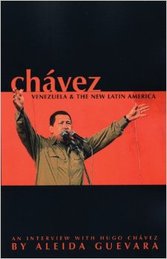

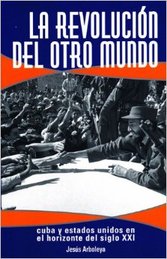

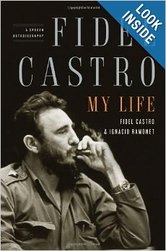
 RSS Feed
RSS Feed



